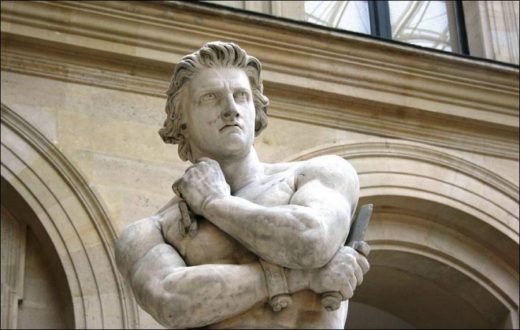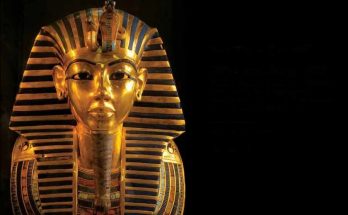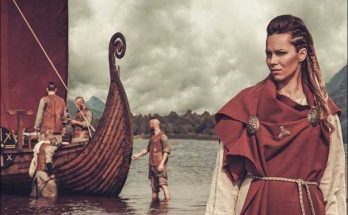Spartacus was the ancient Roman gladiator and slave, believed to have lived between B.C. 108 and B.C. 71. Today, he is literally referred to as a freedom fighter.
Although there is not much information about Spartacus’ youth, which we think is Thracian, Spartacus, who is thought to have joined the Roman army, was later captured for any reason and sold as a slave. Then he was sent to a high-level gladiator school in Capua, north of Naples.
And Rebellion Begins…
B.C. In 73, Spartacus revolted and fled to the Mount Vesuvius. This event coincided with the famous Vesuvius Volcano eruption as short as a century, and at that time the volcano was covered with fertile soil filled with grapes. Crixus and Oenomaus, Spartacus and his friends who helped him, raided the villages on their way to collect food and brought the slaves there with them. The growth of the Spartacus and his army was not taken seriously by Rome at first. Meanwhile, Rome was at war in Spain, Southeast Europe, and Crete. Moreover, some slaves who fled in groups were not taken seriously by Roman soldiers.
What Happened Later?
Many other people who fled from slavery and gladiators also joined Spartacus. The insurrection they initiated later turned into the Third Slave War (aka Battle of Gladiators). With his army of illegal slaves reaching nearly 100,000 people, Spartacus repelled many Roman attacks with guerrilla tactics.
B.C. In 72, Spartacus and his army marched towards Gaul in the North. Although they repelled a series of attacks from the Roman forces, they later made their way south. By the end of the 72nd year BC, they had camped in Rhenium (now called Reggio di Calabria), probably to go to Sicily.
During this period, the Roman administration began to take the threat of Spartacus seriously. Roman politician and general Marcus Licinius Crassus went south with an army. Slaves succeeded in overcoming the fortifications that Crassus had set up to trap them. But Crassus’ army then chased the slaves to Lucania, where he destroyed the rebel army.
Spartacus is thought to have been killed in this war. About 6,000 supporters who managed to escape were caught and crucified. Thousands of other people who supported Spartacus were killed by the army of the Roman general Pompey. Pompey also wanted to cost himself the suppression of the uprising.
Spartacus’s struggle and his preference for death in captivity have made him famous until today. His life story has inspired revolutionaries, politicians and writers.
Spartacus Today
Today, a full movie and series mobilization has started for Spartacus. Especially the 2010 series “Spartacus: Blood and Sand” has been watched in many countries, especially in the USA, since the day it was released. The Spartacus effect was not only limited to the screen, but the first name of the group that organized an armed uprising under the leadership of Karl Liebknecht and Rosa Luxemburg in 1919 after the World War I in 1919 and later became the “Communist Party of Germany”, In addition, the novel written by Howard Fast by Spartacus was later transferred to the cinema with the same name; Spartacus (Spartacus, 1960). In addition, Spartak Moscow sports club, one of Russia’s successful football clubs, gets its name from Spartacus.
Views: 95



